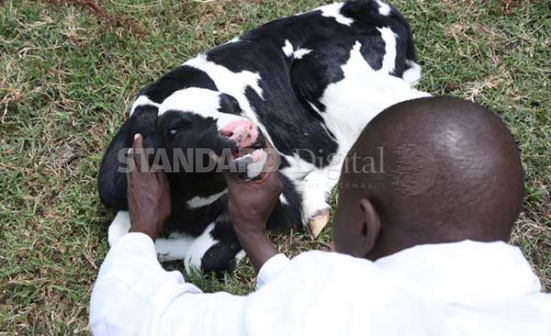×
The Standard e-Paper
Home To Bold Columnists

For the period I have actively practised as a veterinarian clinician, I have noticed an interesting problem in livestock — animals failing to come on heat. Lack of crucial mineral supplements in the animal’s diet is a major contributing factor.
Studies show that all animals need mineral supplementation for sound reproductive health and general wellness. For a dairy animal, research has proven that dairy cattle require trace mineral supplementation daily.